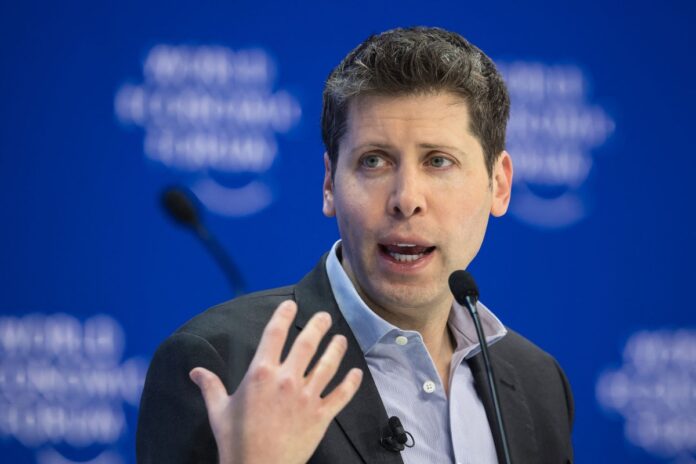Introduction to the Controversy
OpenAI has issued a statement to clarify that the "OpenAI tokens" being sold by Robinhood do not give buyers any equity or stock in the company. This move by Robinhood aims to provide everyday consumers with exposure to private companies like OpenAI and SpaceX through blockchain technology. However, OpenAI emphasizes that it did not partner with Robinhood and does not endorse the sale of these tokens.
The Issue with Tokenized Shares
The main issue here is that private companies like OpenAI and SpaceX do not offer their shares to the public. They select their investors, and their shares are not available for public purchase. Robinhood’s announcement to sell tokenized shares of these companies raised concerns, as it may mislead buyers into thinking they are buying actual shares.
OpenAI’s Response
OpenAI’s newsroom account clearly stated that the "OpenAI tokens" are not equivalent to OpenAI equity. The company did not approve any transfer of its equity, and it warns consumers to be cautious. This response is a direct result of Robinhood’s decision to sell tokenized shares without OpenAI’s involvement or endorsement.
Robinhood’s Perspective
Robinhood claims that the tokens are part of a limited giveaway, offering retail investors indirect exposure to OpenAI through a special purpose vehicle (SPV). The company owns shares of this SPV, which in turn holds a certain number of OpenAI shares. However, this does not constitute direct ownership of OpenAI shares. Instead, it’s an ownership stake in a vehicle that owns the shares.
Understanding Tokenized Contracts
According to Robinhood’s help center, buying stock tokens means purchasing tokenized contracts that follow the price of the actual stocks, recorded on a blockchain. This distinction is crucial, as the price of shares in an SPV can differ from the price of actual shares. Robinhood CEO Vlad Tenev argues that these tokens provide retail investors with exposure to private assets, even if they are not technically equity.
Private Companies’ Concerns
Private companies often push back against any attempts to influence how their equity is valued. This reaction is not unique to OpenAI, as other companies like Figure AI have also taken steps to protect their interests. Startups typically do not want people to believe that they have authorized share sales if they haven’t, which is why OpenAI is publicly disavowing Robinhood’s efforts.
Conclusion
In conclusion, the sale of "OpenAI tokens" by Robinhood has sparked controversy, with OpenAI denying any involvement or endorsement. While Robinhood claims to offer indirect exposure to private companies, the distinction between tokenized contracts and actual shares is essential. Consumers must be cautious and understand the terms of these token sales to avoid misconceptions about what they are buying. As the concept of tokenized shares continues to evolve, it is crucial for companies and regulators to ensure transparency and clarity to protect the interests of all parties involved.

